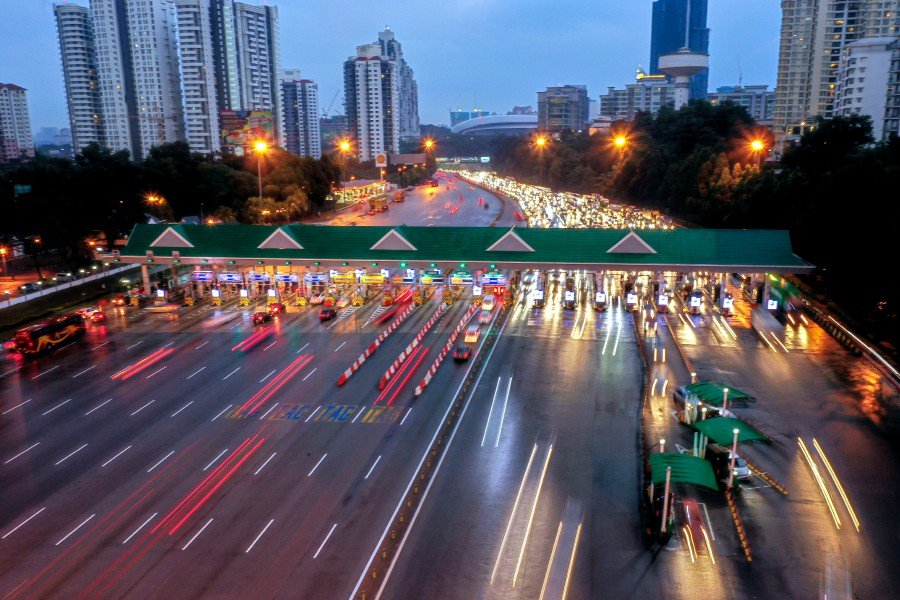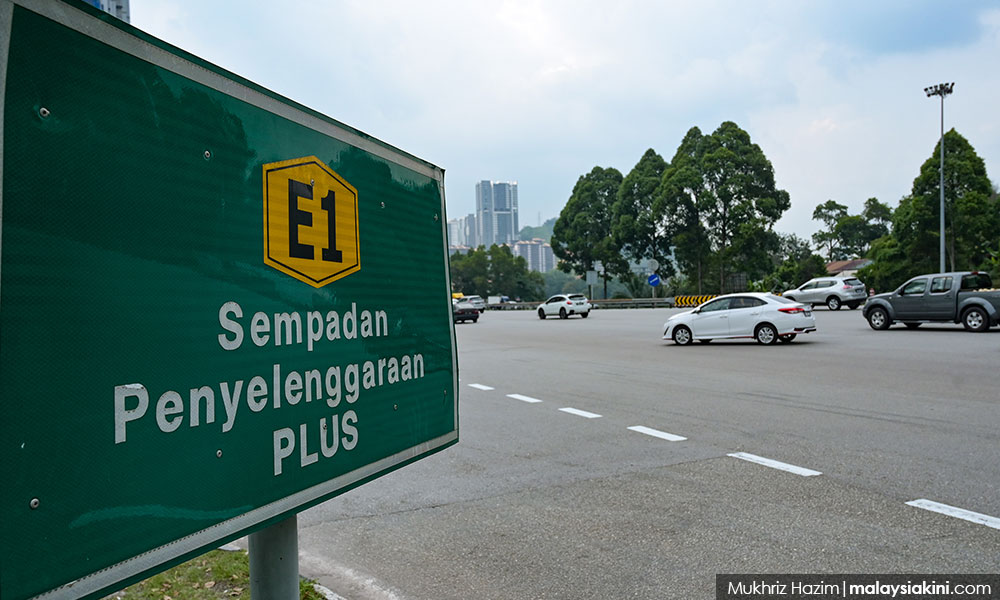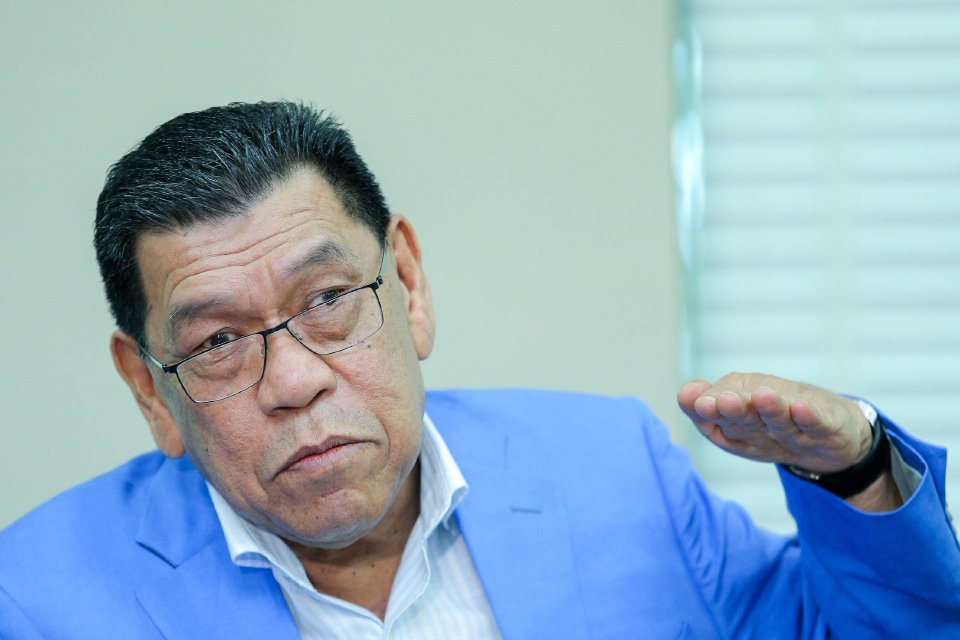Reactions Pour In After Government U-Turns On PLUS And Decides To Lower Toll Rates Instead
The toll rates will be lowered by 18% effective 1 February.
On Thursday, 16 January, the Pakatan Harapan Cabinet decided that Projek Lebuhraya Utara-Selatan (PLUS) Malaysia Berhad will not be sold. This was confirmed by Prime Minister Tun Dr Mahathir Mohamad.
"We have studied all the bids made by the private sector, and also the bid by Khazanah Nasional," Dr Mahathir was quoted as saying yesterday.
"We decided that the best way is not to sell PLUS to anybody, but to keep it with Khazanah Nasional and Employees Provident Fund."
PLUS, the country's largest highway operator, has two owners
The largest highway concessionaire in Malaysia is controlled by the United Engineers Malaysia Berhad (UEM Group), which is a subsidiary of Khazanah Nasional Berhad.
While 51% of the stakes in PLUS is with Khazanah, the remaining 49% held by the EPF.
Dr Mahathir also said that PLUS toll rates will be reduced by 18% from this year and that there will be no hikes for the next 20 years
"They (Khazanah and EPF) will have to reduce the toll by 18%," Malay Mail quoted him as saying.
"But please remember that this 18% is fixed at today's rate, that means, in 20 years' time, the 18% when compared with the ringgit rate then will not be very high.
"Traffic will increase, but the value and purchasing power of the ringgit will go down, so what they (PLUS) earn afterwards (in 20 years) is not as big as people think they are going to get," he added.
According to a report in Bernama, the toll charges for private vehicle users plying the PLUS-operated highways will be reduced by 18% effective 1 February 2020.
The highways operated by PLUS are North-South Expressway (NSE), New Klang Valley Expressway (NKVE), North-South Expressway Central Link (ELITE), East Coast Highway Phase Two (LPT2), Port-Dickson-Seremban Highway (SPDH), Butterworth-Kulim Expressway (BKE), Penang Bridge (JPP), and Malaysian Singapore Second Link (Linkedua).
Some of the companies that had sent their bids have since expressed their views on the government's decision to not sell PLUS
Halim Saad and Wong Gian Kui through Karongsa Private Capital Sdn Bhd, Widad Business Group Sdn Bhd, Malaysian-led private equity firm based in Hong Kong and Singapore RRJ Capital, and Abu Sahid Mohamed of Maju Holdings Sdn Bhd were those that had shown interest in acquiring PLUS.
Reacting to the announcement, RRJ Capital welcomed the decision, saying that it was good that the decision was made
"I think the process is fair. We will continue to study other investment opportunities in Malaysia," RRJ Capital chairman and chief executive officer Richard Ong was quoted as saying by The Star.
"We are happy with the final decision of the Government and will move on to focus on other investments. It is the prerogative of the Government to divest or not."
According to the English daily, RRJ had proposed to acquire PLUS for RM3.5 billion.
Meanwhile, Abu Sahid Mohamed of Maju Holdings has lambasted the Government's decision, calling it a "stupid" move
According to Free Malaysia Today (FMT), the tycoon questioned as to why the decision was not relayed to him, despite his company being invited to make an offer for the buyout.
"I don't even know why they don't want to sell. They didn't tell me why they don't want to sell," he said, adding that the decision to keep PLUS was "stupid" and that Khazanah was "stealing money".
He said his company's cost of resurfacing highways was only one-third of Khazanah's cost.
"They are paying RM58 per metre square for resurfacing the road. I am paying RM18," the Maju Holdings executive chairman said while calling for the Malaysian Anti-Corruption Commission (MACC) to investigate Khazanah's managing director Shahril Ridza Ridzuan.
His company, Maju Holdings, had offered to buy PLUS for RM34.9 billion including debt.
Aside from the bidders, several groups have also shared their reaction
According to them, the government should be coming up with policies and measures that can encourage Malaysians to take public transportation instead of giving toll concession for their private vehicles.
"The reduction of the toll rates will benefit individual vehicle owners but the focus should be on public transportation, to get the people out of their cars and on the public transport system," Federation of Malaysian Consumers Associations chief executive officer Paul Selvaraj was quoted as saying by The Star.
Selvaraj argued that Malaysia does not have reliable public transportation.
"So people are actually forced to use their cars, and when you're forced to do that, you need to factor in parking, toll, and other charges, which add up to the cost of living," he added.
Selvaraj's viewed were echoed by Malaysian Public Transport Users Association president Ajit Johl, who said that the measure of reducing toll rates does not make sense.
"Billions of taxpayer funds have been used to improve public transport, but the policies that encourage users to switch modality from private to public transport are hardly seen," he was quoted saying.
"The reduction of toll rates and the delayed fuel subsidy will only encourage the use of private vehicles. This is definitely a shift back to the 80s mentality, where a person is judged by vehicle ownership."
What do you think about the government's decision to not sell PLUS? You can share your thoughts on our Facebook page here.



